Netflix India’s first original series Sacred Games deserves your attention
Sacred Games is an uncompromising and unconditional love letter to Mumbai and her people.
Shot from the perspective of the show’s two leads, Ganesh Gaitonde (Nawazuddin Siddiqui) and Sartaj Singh (Saif Ali Khan), we see just how the city lives (“forts rising out of garbage dumps”), eats (a Brahmin-only Hindu Hotel serves rice mixed with baking soda but promises a Muslim-free, vegetarian experience) and loves (without the straight-jacket of the Indian censor board; the show features a lot of sex).

This isn’t Bollywood’s song-and-dance infused India nor is this Hollywood’s whitewashed India (think, The Best Exotic Marigold Hotel and Slumdog Millionaire). This is the real Mumbai, the real India - in all her gruesome, grimy, unsettling glory.
The power of good casting
The style of the show follows the popular mystery-box model (like that of Westworld), which means the series is heavy on both plot and character development and is essentially a puzzle for the audience to solve.
In the first 10 minutes, Gaitonde, a self-proclaimed God, appears with a prophecy: Mumbai and her people will cease to exist in 25 days. The show then oscillates between the past and present (beginning somewhere in the '80s immediately after the assassination of Indira Gandhi and her succession by son Rajiv Gandhi — a controversial step that’s currently the subject of a BJP lawsuit).

What makes Sacred Games really stand out is the ridiculous amount of talent that is clearly apparent both in front of the camera and behind the scenes.
I predict an award for Nawazuddin this year as he very much gets to walk away from the first season with the best lines, the best over-the-top gangster chic wardrobe, the best (and most) sex, and the best (and most gratuitous) violence.
Both Siddiqui (with his quintessentially maniacal eye glint) and Khan (appearing as a sardar jee for the second time since Love Aaj Kal and for the third time as a stern, gun-toting ball-buster since Raabta and Kurbaan) are the right choices.

But it’s the rest of the cast — including my personal favorite Jitendra Joshi (the ultimate colleague/sidekick we could all use), Radhika Apte (who is a must-watch in several other quality indie films), and Jatin Sharma and Neeraj Kabi (both evil personified who somehow still manage to gain our respect and sympathies) — who really make the series really shine.
Naturally, Siddiqui as the villainous lead, Ganesh Gaitonde, gets to have all the fun.
Probably more than anyone else on the show including Khan’s character Sartaj Singh (a down-and-out local cop who has never solved a case in his life), it’s Gaitonde with the best script and most character and plot versatility and maneuverability.
I predict an award for him this year as he very much gets to walk away from the first season with the best lines, the best over-the-top gangster chic wardrobe, the best (and most) sex, and the best (and most gratuitous) violence.
Besides Siddiqui, there’s a few other reasons why Sacred Games is a fairly worthwhile Netflix binge.
A show that gives its audience some credit
In what feels reminiscent of Life of Pi, the show spends a lot of time exploring nuanced themes like corruption and religious fanaticism. What I liked most was that this done in an easy-to-follow historically authentic way (there are frequent flashbacks to black and white footage of some of India’s most tumultuous phases including the demolition of the Babri Masjid, the Shah Bano Begum case and Indira Gandhi’s castration campaign.)
Along with being grounded in the political and historical realities of the region, the other thing the show does right is killing off some of its most important characters.
Indeed, some of the best action dramas of our time (The Wire, Sopranos, Breaking Bad and Game of Thrones to name a few) have happily killed off their most loved characters. I think this is part of the reason why these shows keep us hooked. Action dramas are just so much better when the risk of death is not just inevitable but also credible.
A constant criticism I have with Bollywood and Hollywood is their unwillingness to give their audiences anything less than a satisfactory ending. This problem also exists with most action dramas on cable TV. Because such programs don’t have budgets for a rotating cast of A-list talent and because they don’t want to risk losing fans, they don’t kill off characters (or if they do they make a point of bringing them back through some inexplicable resurrection or improbable survival story).
But well-funded programs that are not beholden to advertisers and fickle audiences (such as HBO, AMC and Netflix) don’t necessarily have the same concerns.

Indeed, some of the best action dramas of our time (The Wire, Sopranos, Breaking Bad and Game of Thrones to name a few) have happily killed off their most loved characters. I think this is part of the reason why these shows keep us hooked. Action dramas are just so much better when the risk of death is not just inevitable but also credible.
Real life doesn’t come in a self-contained sugarcoated package. Not only do the creators of Sacred Games understand this, they also trust their audience’s intelligence. They know today’s audience has a lot to choose from and because of this we are both a sophisticated and picky lot. We want to see real life, real stories and real people mimicked on our screens. We don’t want watered down half-truths.
The Sacred Games gives us just that.
Sacred Games is paced well but it isn't perfect
Another reason the show works well is because it’s styled as an eight-hour long series instead of the typical three-hour Bollywood film.
Technically, given the plot and cast of the show, The Sacred Games could’ve been a movie. But by spreading the action across eight hours, the audience gets more refined and artistically realised character and plot development that just isn’t possible on the big screen.
And perhaps because there are no time constraints or for that matter no censor board constraints, the show doesn’t have to hold back.
Instead, the creators dive deep into the nitty-gritties of Mumbai’s corruption, elitism, nepotism and sexism.
From insinuations of corruption within Indian NGOs, state agencies including RAW and the police and even within Bollywood, the show doesn’t trade in subtleties.
Of course, not holding back doesn’t mean that everything is necessary.
The last 10 minutes of the final episode (typically when a most crucial cliffhanger needs to happen) definitely left a lot to be desired.
Kind of like the complaint I have with the bit family drama This Is Us, the final episode felt redundant, almost as if it was circling its goal and unnecessarily belabouring the mystery to the point that I just checked out. Which is not good because they definitely want the audience to be dying to check back in if they are wanting to be picked up for a second season.
Another problem I had with the show was that some things felt like they were just said or done with almost no follow through later on.
For instance, Radhika Apte’s character is given a big feminist moment in which she calls out her bosses at RAW for confining her to a desk job instead of letting her be a field agent because she’s a woman.
Sadly, not only does the show never again address this very pivotal point but shamelessly kills off Apte’s character within five minutes of her going into the field alone. I guess that women really are better suited for desk jobs then? It’s hard to say because the show doesn’t bother with any follow up or follow through.

Equally frustrating is the number of times things just seem to happen without little to no explanation for how we got there.
I lost count of the number of times Sartaj Singh just so happens to stumble across the very thing he needed to find. Never mind that we are in a city of 18 million and slums no less complex than a house of mirrors. Everyone still somehow manages to get everywhere on time and find exactly what and who they need within seconds of getting there.
While here I am still looking for my eyeglasses that happen to be perched on my head.
Can just anyone watch Sacred Games?
Another issue I have is whether the show will be able to successfully cross cultures and regions.
While I understand the linguistic and cultural nuances (by virtue of being a Bollywood fan and Urdu speaker), a lot of things were still difficult for me to follow and the subtitles weren’t always helpful. In fact, I found myself lost in translation more than a few times and I wonder just how well a non-South Asian audience will be able to follow the show’s many cultural, political, historical and socioeconomic nuances.
Of course, this criticism isn’t only confined to Netflix India. In fact, shows like Boardwalk Empire and Veep, frequently get the same kind of flak for being too hard to follow for non-American based audiences.
My final criticism with The Sacred Games is the seemingly endless barrage of swearing and sex scenes.
It is not enough to simply show nudity or swear because you’re a raunchy gangster with a penchant for prostitutes. To survive, a show must be smarter and more than just a sum of its gratuitously naked and violent parts.

Unfortunately, this is something that several series including Sacred Games, Spartacus, Californication and even Game of Thrones don’t always understand.
Despite some hiccups and growing pains, it’s likely that Sacred Games is not only going to be picked up for a second season but probably will also get some nods come awards season.
And with the recent announcement of two more major Netflix India projects (a reality TV series following cricket team, the Mumbai Indians and a TV adaptation of Salman Rushdie bestseller Midnight’s Children), it’s most certainly not the last time we’re going to see Bollywood descend from silver to the not-so-small screen.



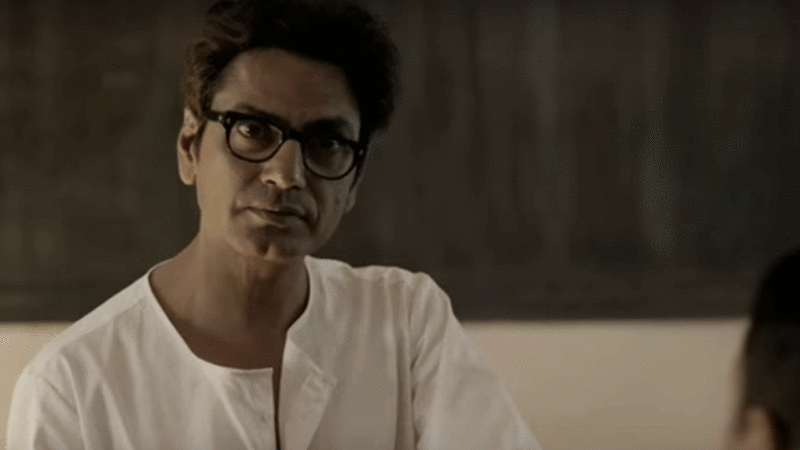


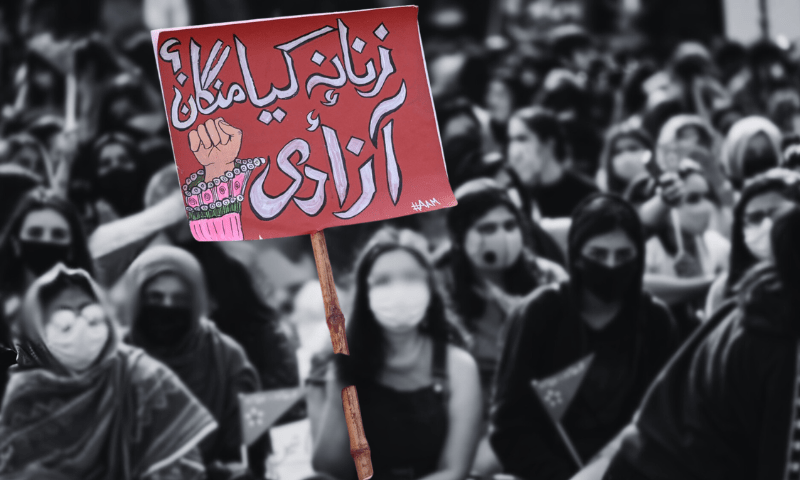



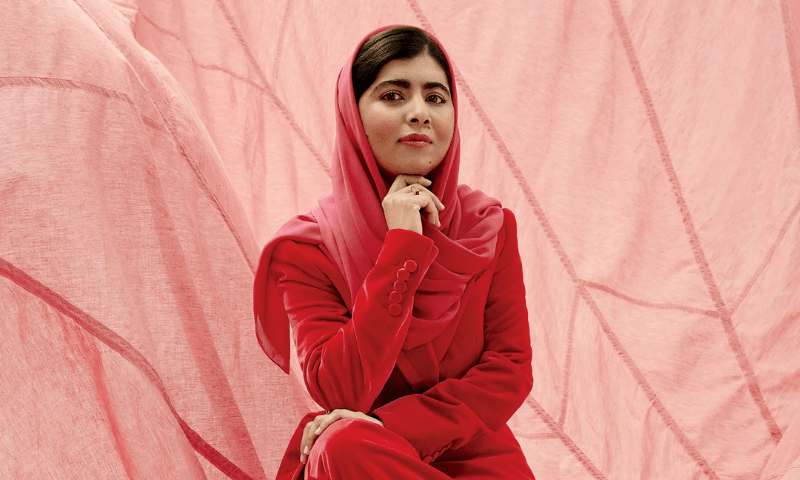

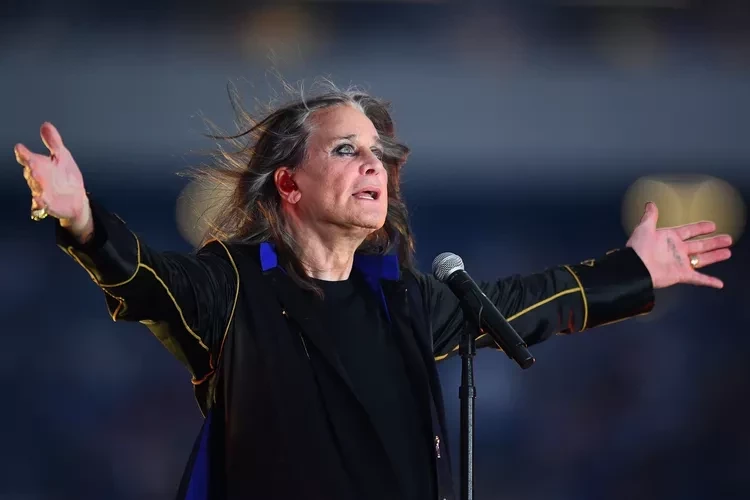
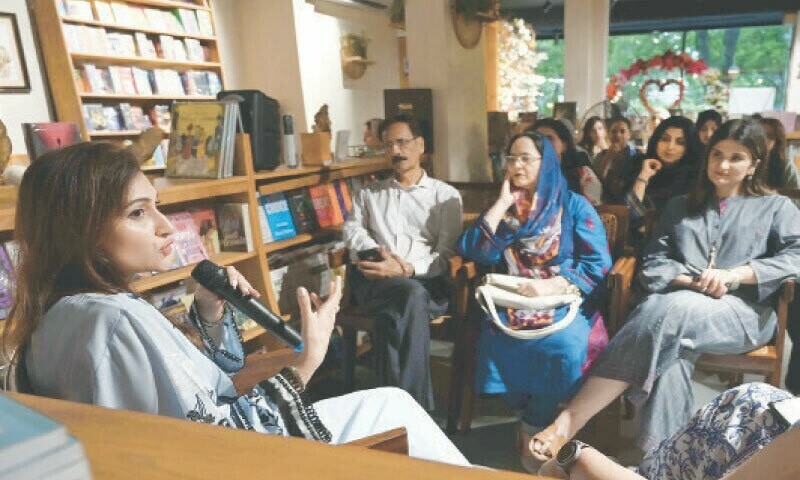
Comments